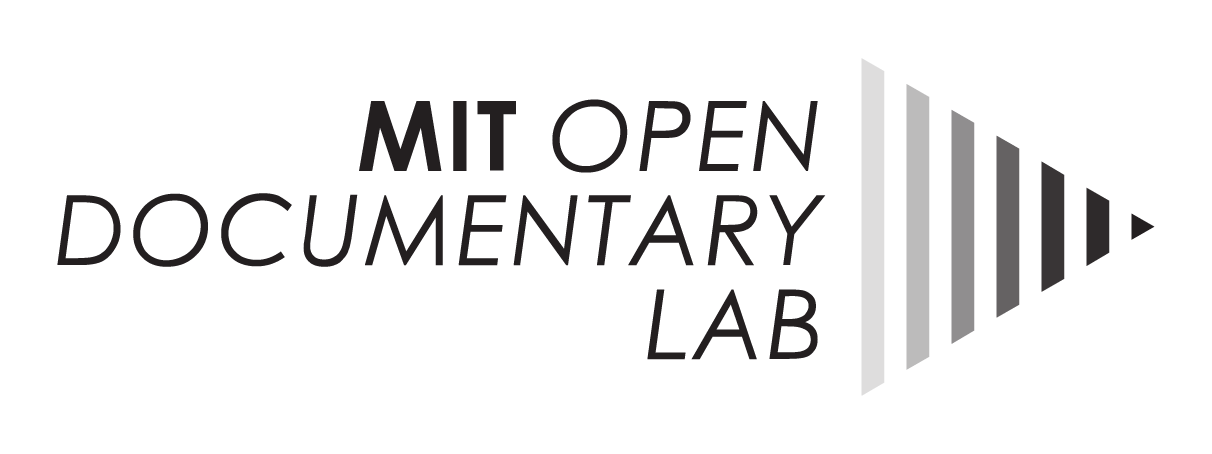
15 Mar Update or Die: Future Proofing Emerging Digital Documentary Forms
A one-day conference curated by the MIT Open Documentary Lab and Phi, in collaboration with IDFA DocLab and the Netherlands Institute for Sound and Vision.
Unstable platforms, rapidly changing technologies, and shifting investment priorities are the new normal in today’s media landscape. As attention turns to the next big thing, digital games, artwork, interactive news features, and web-based documentaries made as recently as five years ago face obsolescence.
The Massachusetts Institute of Technology (MIT) Open Documentary Lab and Phi propose a one-day multi-disciplinary conference to discuss the pressing issue of disappearing digital documentaries. What remains and who decides? What kind of artifact is an interactive documentary from a preservation perspective? What kinds of obsolescence do these often networked and platform-dependent documentary forms face in fast-changing technological, cultural, and even legal ecosystems? How can non-profit organizations, news agencies, and independent media makers manage constantly changing technology platforms and dependencies on external operating systems and APIs? What should we expect from cultural institutions, governments, and for-profit technology companies to help ensure the survival of our digital culture? Given the current preservation strategies of emulation, migration, and re-creation, how do we best memorialize and document those artifacts that we cannot save?
We will bring together global leaders from media and arts organizations, libraries, archival institutes, game and technology companies and initiatives to address these questions, learn from each other and our past attempts at preservation, and collectively discuss and tackle the unique challenges posed by documentary in a fast-changing and often proprietary digital media landscape.
Ironically, the digital information age is at risk of losing its memory in ways unthinkable in the analog past. Unless we are resigned to losing a foundational chapter in interactive, participatory and locative documentary, we must act now.
- Professeur William Uricchio, from the MIT Open Documentary Lab
- Rick Prelinger, from Film & Digital Media
- Patricia Falcao, from Tate
- Nancy McGovern, from MIT Libraries
- Chance Coughenour, from Google
- Marianne Lévy-Leblond, from ARTE France
- Erwin Verbruggen, from the Netherlands Institute for Sound and Vision
- Jason Scott, from Internet Archive
- Christiane Paul, from The New School (School of Media Studies) and The Whitney Museum of American Art
- Brett Gaylor, from Mozilla
- Caspar Sonnen, from IDFA
- Henry Lowood, from Stanford University



